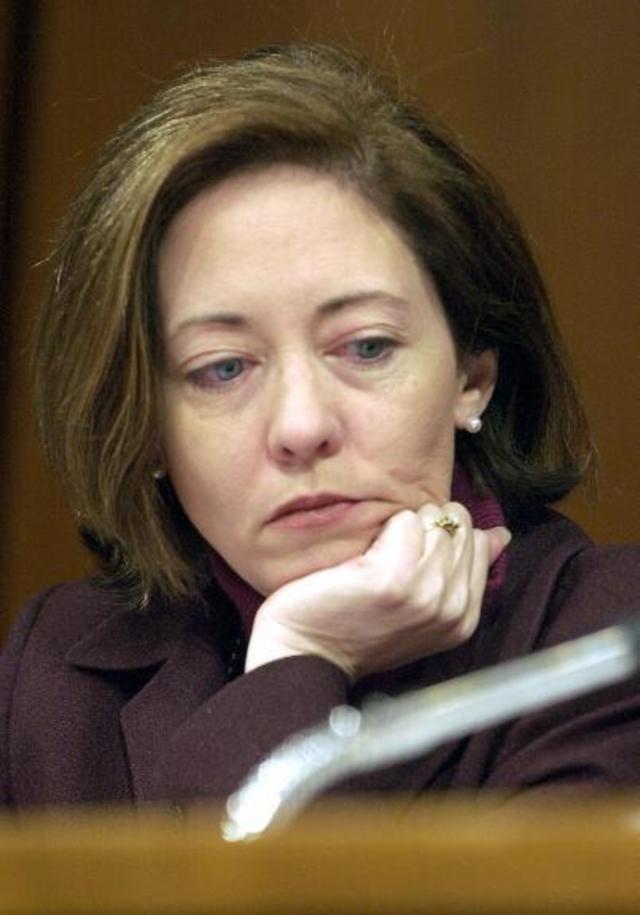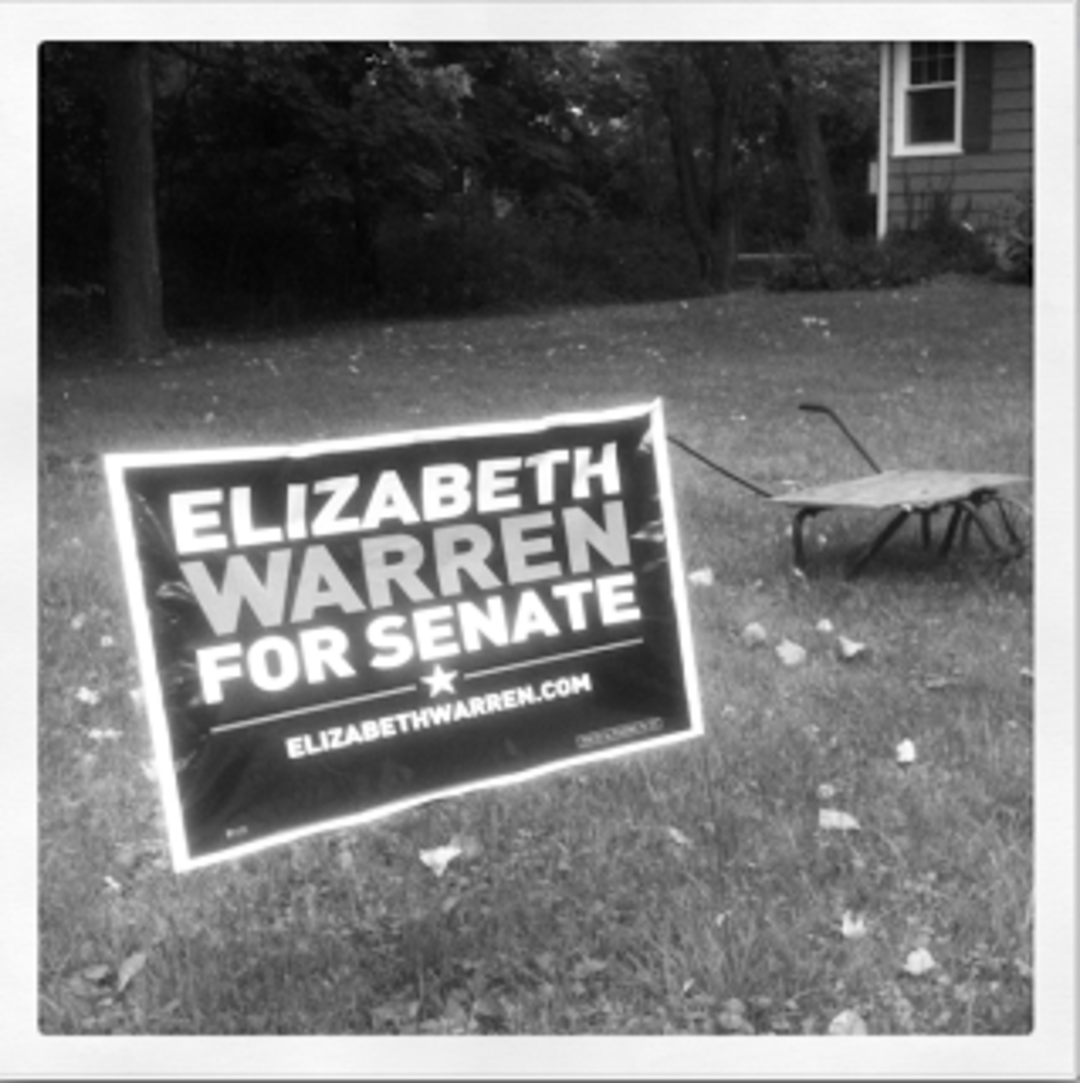Extra Fizz: Cantwell Proposes New Glass-Steagall Act (Again)

Ever since early in Obama I, when U.S. Sen. Maria Cantwell (D-WA) tried to put the Glass-Steagall Act into the financial reform bill, Glass-Steagall has become the brass ring for economic populists. (Glass-Steagall was a landmark piece of FDR-era legislation that said a bank couldn't be both a commercial bank and an investment bank; it was watered down during the Reagan adminstration's response to the savings and loan crisis and finally done away with for good during the Clinton years.)
Obama and his former treasury secretary Timothy Geithner quickly shelved Cantwell's idea (co-sponsored with Sen. John McCain). With the goal posts moved, liberals quickly hauled out the Volcker Rule, a less stringent version (as Cantwell told PubliCola at the time) of Glass-Steagall's unequivocal rule barring commercial banks from investing their funds on the private market, which would merely limit some kinds of investments banks could make.
That too ended up on the cutting room floor when Dodd-Frank, as 2010's financial reform law is known, finally passed. (The final version, which Cantwell voted against at first before it was reintroduced to her satisfaction with some of her other tough guidelines on derivative trading added, ultimately included some restrictions on investment banking having to do with the percentages banks could invest. The New Yorker ran a great article in 2010 detailing how Obama sold out Paul Volcker, the former Federal Reserve chairman who proposed the tougher Volcker Rule.)

With the Occupy Wall Street movement catching up to Cantwell's Woody Guthrie politics—and sending a like-minded candidate to the senate, populist U.S. Sen. Elizabeth Warren (D-MA)—today Sen. Cantwell reintroduced her Glass-Steagall bill.
Sen. Warren and U.S. Sen. Angus King (I-ME) joined Cantwell and McCain to introduce the bill today.
In a statement released this morning, Cantwell said:
Too many Main Streets across America have paid the price for risky gambling on Wall Street. This bill would restore clear bright lines that separate risky activities from the traditional banking system. It's time to restore faith in our financial institutions by rebuilding the firewall that protected our economy for decades in the wake of the Great Depression. Restoring Glass-Steagall would focus our financial system where it belongs: getting capital into the hands of job creators and businesses on Main Streets across America.
McCain added:
Since core provisions of the Glass-Steagall Act were repealed in 1999, shattering the wall dividing commercial banks and investment banks, a culture of dangerous greed and excessive risk-taking has taken root in the banking world. Big Wall Street institutions should be free to engage in transactions with significant risk, but not with federally insured deposits. If enacted, the 21st Century Glass-Steagall Act would not end Too-Big-to-Fail. But, it would rebuild the wall between commercial and investment banking that was in place for over 60 years, restore confidence in the system, and reduce risk for the American taxpayer.
Given how much money Wall Street interests spent derailing the original Volcker rule—again, a watered down version of Glass-Steagall—Cantwell's crusade is an uphill battle.
Sen. Patty Murray's (D-WA) office tells us they are currently reviewing Cantwell's bill and "can't say for certain at this point" if they'll sign on.




